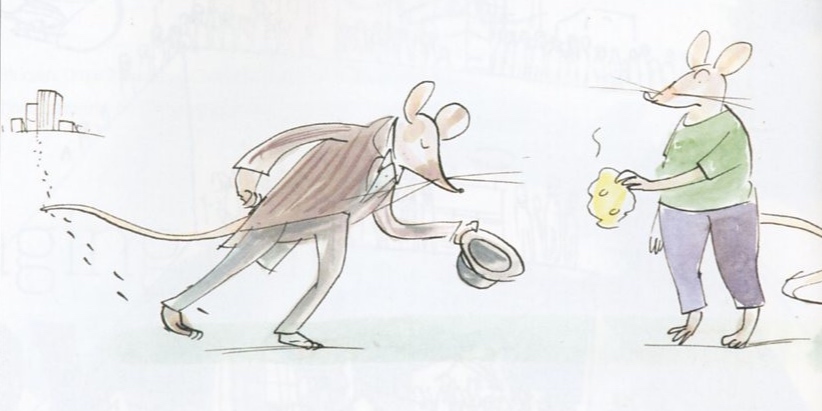Environmentalists have tried to play the guilt card on SUV drivers, while health-food proponents have played it on fast-food chains. But, if you look at the number of SUVs at a drive-thru every lunch hour, you’ll see that guilt campaigns don’t often work.
It’s the same when it comes to development. Talk all you want about the benefits of a walkable community, about the need to revitalize downtown, but lip service doesn’t get people to act.
PolicyLink Research and Consulting’s David Thompson says consumers aren’t to blame for sprawl. If a house west of 178th Street costs less than one closer to the core, people will want it.
“There are no bad people, only bad incentives,” says Thompson. “I don’t understand why some people think that other people are at fault [for living in the suburbs] . It’s the structure that we created.”
He adds, “We do the same things over and over, and somehow we expect to see different results.”
Thompson argues that, in a city that has a widespread road network and the needs to build schools and transit 200 blocks from downtown, the incentives for living in certain areas will have to change – and taxes will play a big part.
“What people need to understand are the coming costs,” says Thompson. “How much taxation will be needed to maintain and replace the infrastructure we have in the suburbs? So what is going to result is a significant increase in taxes, if we come to terms with it. I can see taxes having to double – not just a five-per-cent increase, year after year. And the longer we put it off, the more expensive it’s going to be.”
He continues, “You know, we get it at the grocery store, that this produce was brought in from New Zealand, so it’s more expensive. But we don’t get that when we think about where we choose to live.”
Kerry Diotte, the fiscal conservative on Edmonton’s city council, agrees that a crunch is coming. But, at the same time, he doesn’t believe council should restrict the free market.
